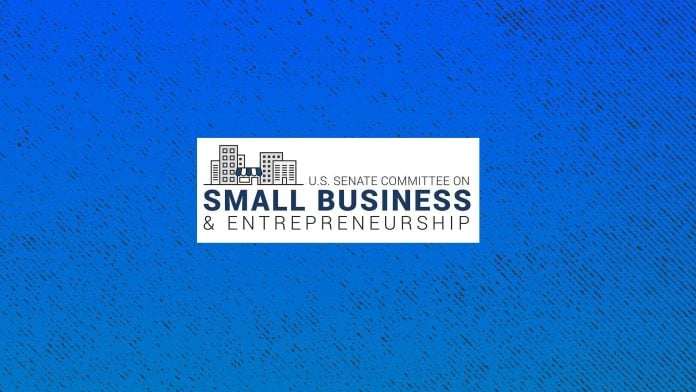Senators Edward J. Markey (D-Mass.) and Jeanne Shaheen (D-N.H.) have put forth a pivotal piece of legislation aimed at empowering veterans, military reservists, and their spouses to overcome financial barriers in launching or expanding small businesses. The Veteran Entrepreneurship Empowerment Act, introduced this week to coincide with Veterans Day and National Veteran Small Business Week, addresses critical challenges that veteran entrepreneurs face in obtaining financing.
The act proposes a significant reduction in the financial hurdles veterans encounter. It aims to decrease down payment requirements and eliminate fees associated with small business loans under $1 million, making financing far more accessible. Additionally, the legislation mandates the Small Business Administration (SBA) to aggregate and share data concerning the services provided to veterans, providing transparency and tracking the effectiveness of these programs.
In Fiscal Year 2025, the commitment to assisting veteran business owners is reflected in nearly 3,500 loans totaling $1.5 billion issued through the SBA’s 7(a) and 504 loan programs. This initiative underscores the importance of easing financial access for those who have served in the military.
Ranking Member Markey emphasized the urgency of the legislation, stating, “This week, we honor the service and sacrifice of our nation’s veterans and their families and reaffirm our commitment to ensuring a smooth transition to civilian life.” He added, “Entrepreneurship is a natural path for our brave service members, but high entry costs can be a barrier to their small business success.”
Support for this legislation extends beyond the Senate hallways. Dan K. Wiley, National Commander of the American Legion, expressed strong backing, stating, “The Veteran Entrepreneurship Empowerment Act removes financial barriers that too often stand between veterans and their pursuit of the American Dream.” He highlighted the intrinsic qualities veterans possess—leadership, discipline, and dedication—which are invaluable in entrepreneurship. By facilitating access to capital, the act not only acknowledges veterans’ sacrifices but also aims to strengthen the overall economy.
Mary Kaszynski, Director of Government Relations for VoteVets, echoed this sentiment, affirming, “Veterans bring the same determination, leadership, and mission focus that defined their service to building small businesses back home.” She noted that financial barriers frequently obstruct veterans who wish to transition to civilian entrepreneurship, affirming that the legislation represents a critical step towards removing those obstacles.
The act has garnered praise for its focus on measurable impacts and accountability. Ray Toenniessen, Deputy Executive Director of the D’Aniello Institute for Veterans and Military Families (IVMF), stated the legislation “meaningfully reduces barriers for veteran-owned small businesses by waiving guarantee fees and lowering equity injection requirements.” This approach ensures that access to capital is significantly expanded, reinforcing the economic potential of veterans and their families.
Scott Jensen, CEO of the National Veterans Small Business Coalition, reiterated the necessity for the reform. “Access to affordable capital remains one of the greatest barriers to Veteran business ownership,” he emphasized. By permanently waiving SBA loan guarantee fees and reducing equity requirements, the legislation could level the playing field for veterans seeking to establish or grow businesses.
The connection between veterans and their communities was highlighted by retired Major General Francis M. McGinn, President of the National Guard Association of the United States. “National Guardsmen are deeply rooted in our communities—as employers, neighbors, and business owners who invest locally,” he remarked. The act, according to McGinn, fosters entrepreneurial spirit among veterans, thus strengthening their ties with the communities they serve.
While the Veteran Entrepreneurship Empowerment Act presents substantial benefits to veterans aiming for business ownership, small business owners may also want to consider some challenges. Potential administrative complexities in the implementation of the legislation, as well as the need for adequate oversight by the SBA, could emerge as hurdles that may require careful attention and effort to navigate.
Overall, this legislative effort represents a robust commitment to enhancing the economic stability of veterans and their families. As the bill progresses, its potential effects could resonate beyond the veteran community, sparking broader discussions around financial accessibility and empowerment in the small business landscape.
For more information, visit the original press release at SBC Senate.
Image Via BizSugar



